Do you write like a Supreme Court justice?
As language evolves, the Supreme Court is the best place to look for answers to questions of grammar and writing style.
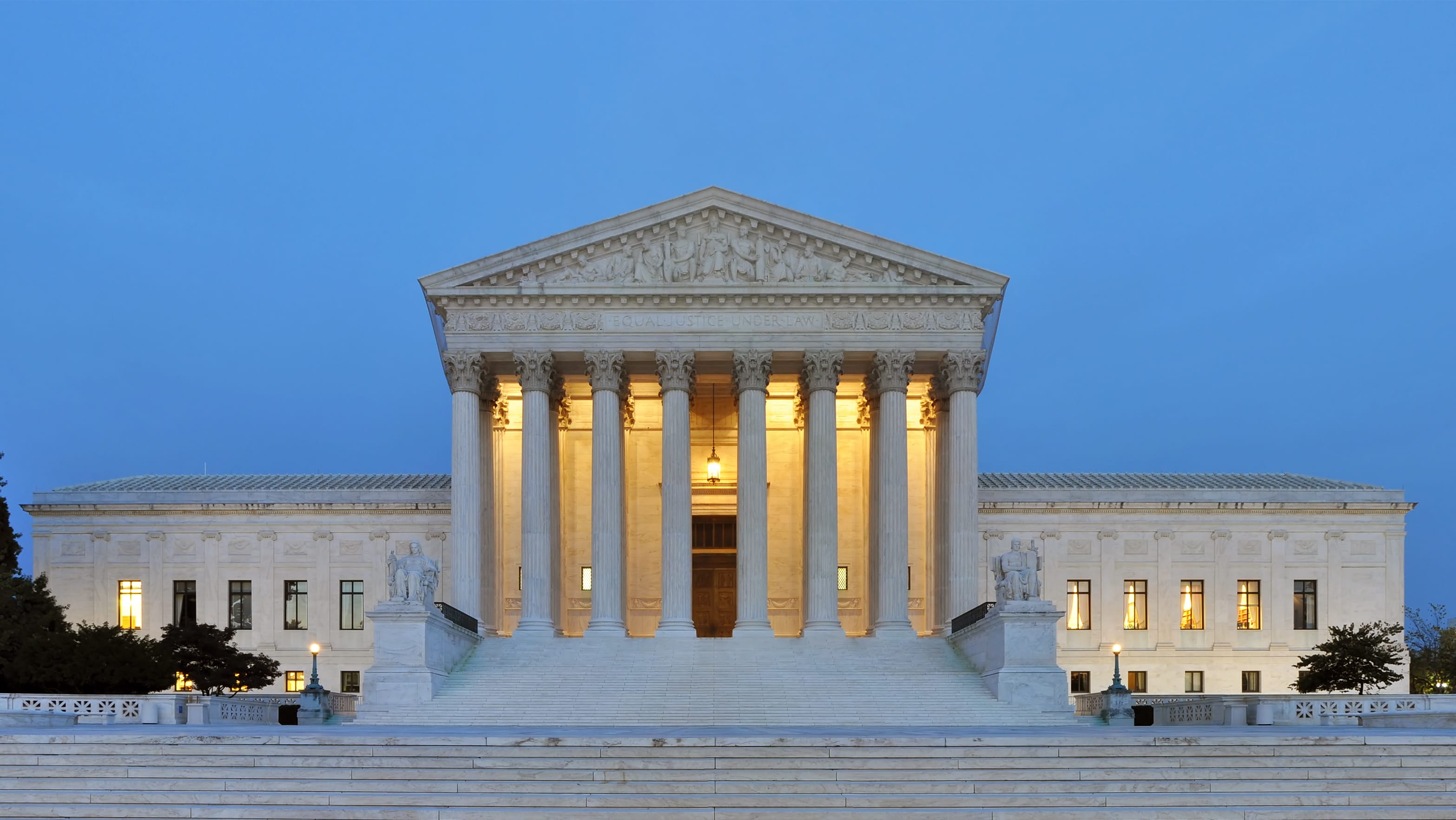
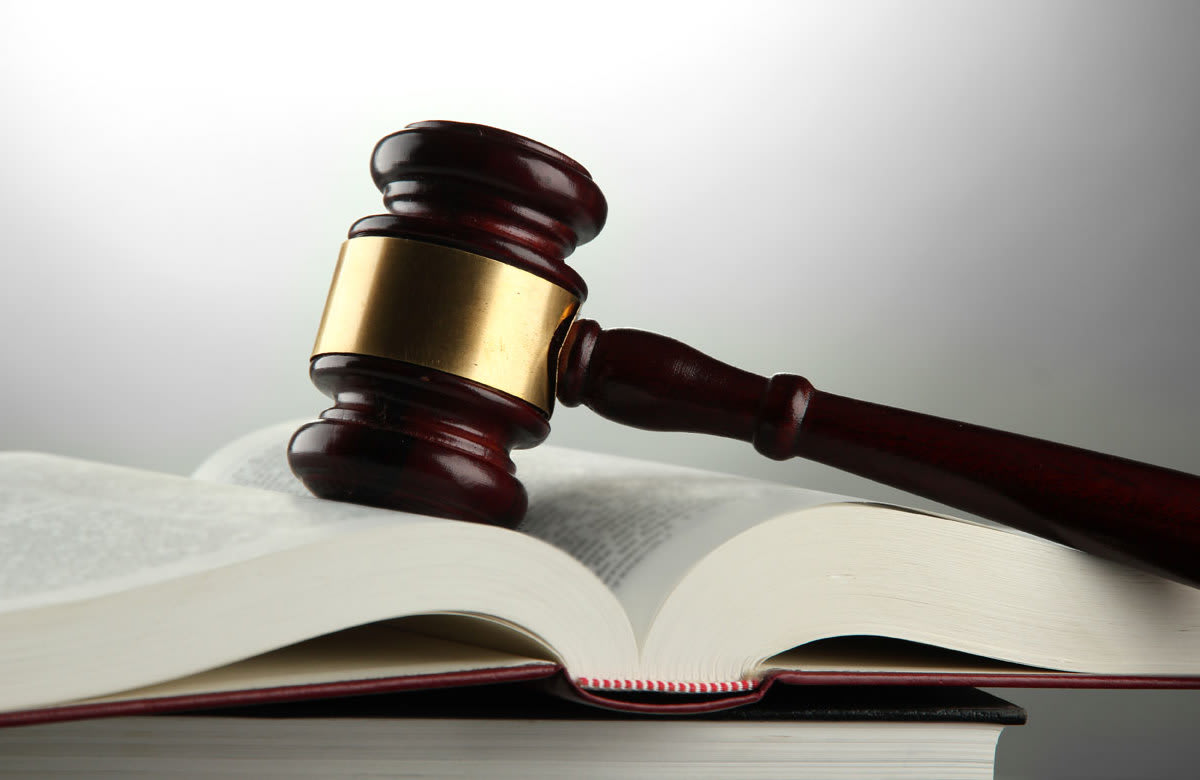
This sentence by Justice Elena Kagan shows that the justices use contractions to achieve a more casual style. Eight justices now use contractions (in moderation), making them commonplace in opinions, when they were considered "abominable" just a decade ago. Andy Warhol Found. for Visual Arts, Inc. v. Goldsmith, 598 U. S. 508, 567 (2023) (Kagan, J., dissenting). The Supreme Guide to Writing § 1.1.
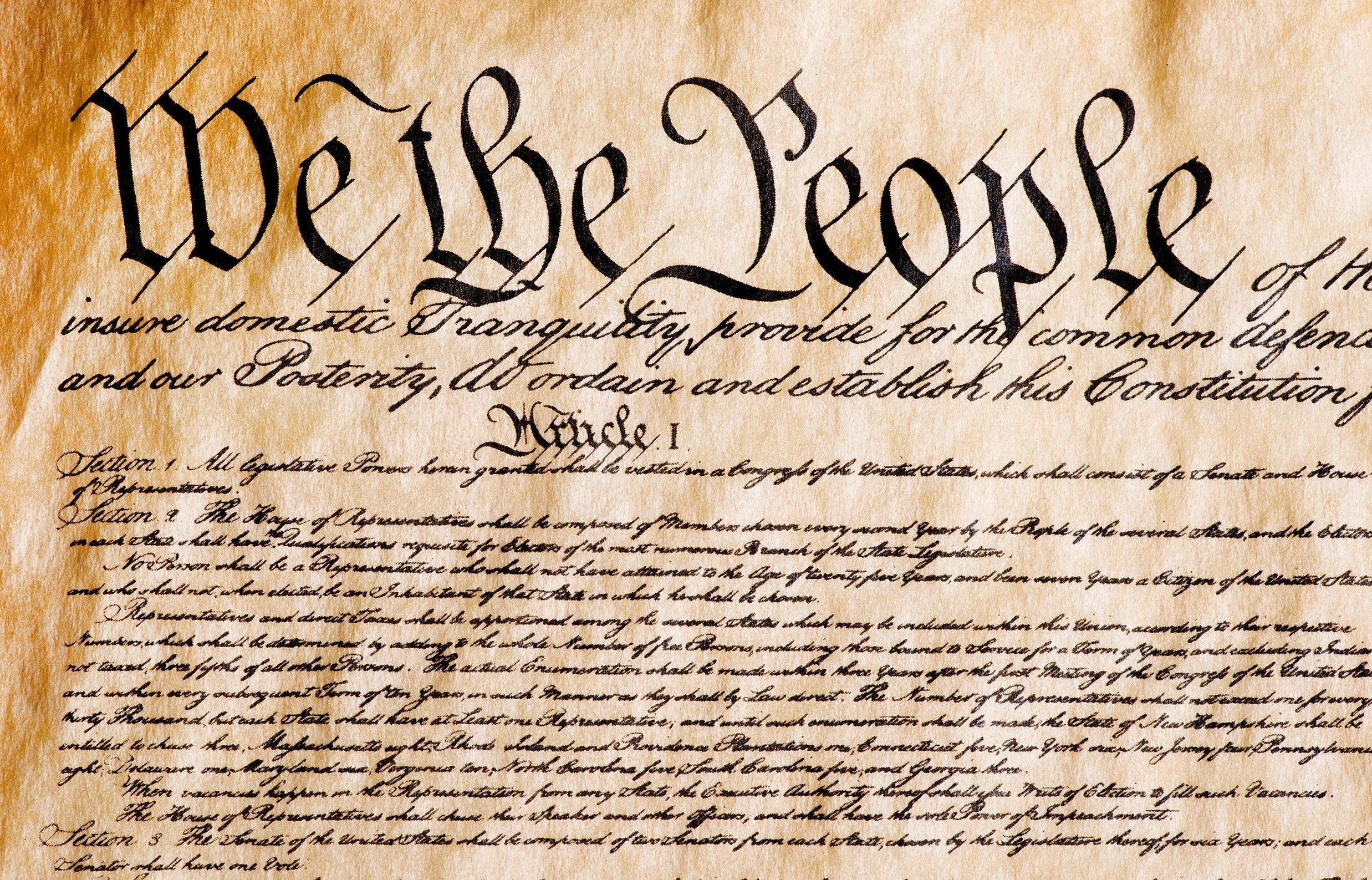
In every possible instance, the justices use the serial comma. Also known as an Oxford comma, the serial comma offsets every item in a list. Here Chief Justice John Roberts shows how it’s done—twice! Nieves v. Bartlett, 139 S. Ct. 1715, 1720 (2019). The Supreme Guide to Writing § 4.5.

Justice Elena Kagan did use an exclamation mark here, but it’s one of only a handful the justices have used in recent years to express extreme sarcasm or frustration. Brnovich v. DNC, 141 S. Ct. 2321, 2361 n.7 (2021) (Kagan, J., dissenting). The Supreme Guide to Writing § 9.1.

Here’s another instance of the justices unanimously breaking from Boomer grammar rules. The traditional rule calls for no comma when a sentence has one subject and two verbs connected by and. But here, the Chief shows how the justices simply add a comma when they want a reader to pause—but no comma when they don’t. Nieves v. Bartlett, 139 S. Ct. 1715, 1721 (2019). The Supreme Guide to Writing § 4.3.
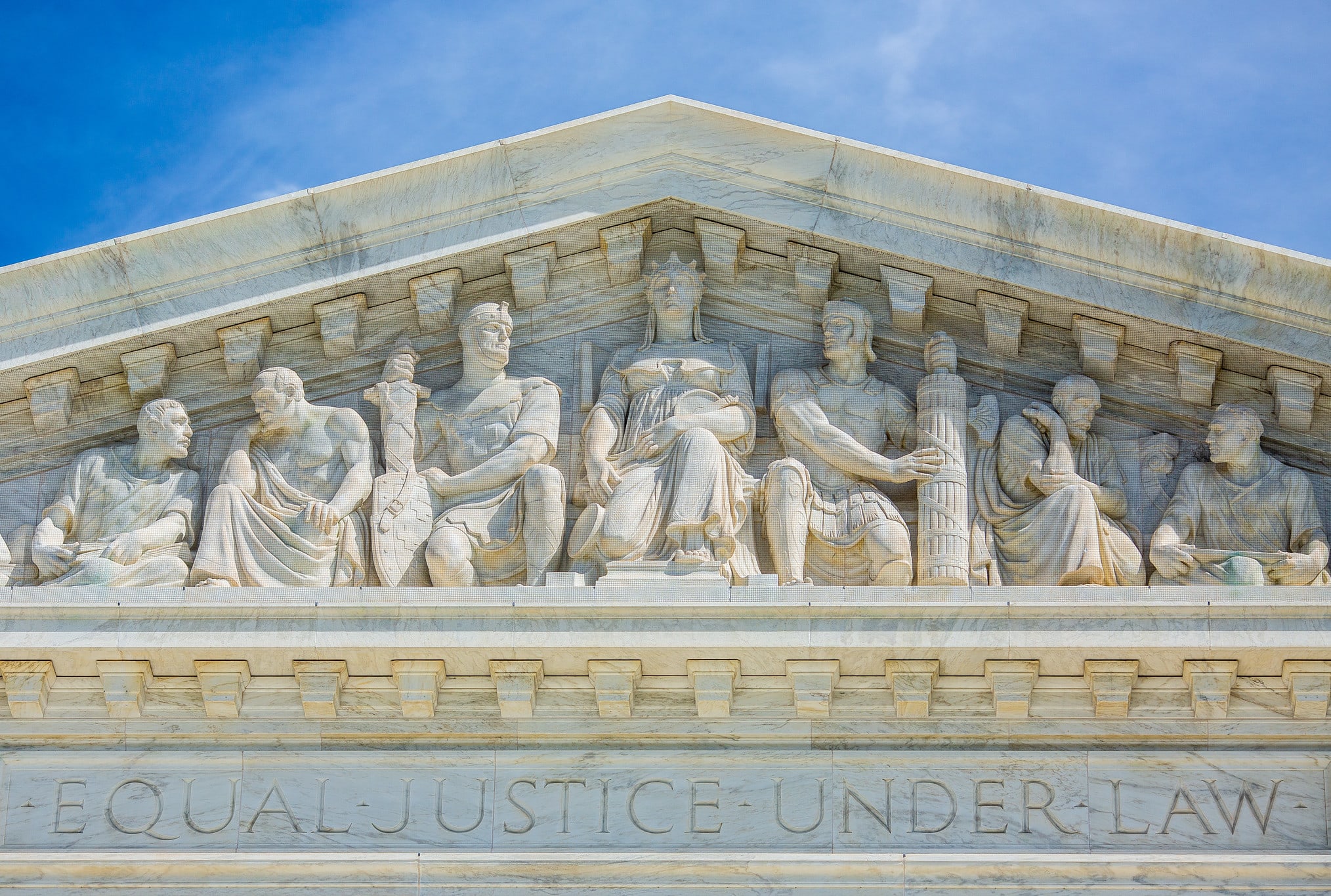
While cautious writers might avoid the em-dash, the justices drop hundreds of em-dashes into their opinions each term. As Justice Elena Kagan shows here, a pair of em-dashes highlights information in the middle of a sentence. Em-dashes also can set off important information at the beginning or end of a sentence. Knick v. Twp. of Scott, 139 S. Ct. 2162, 2188 (2019) (Kagan, J., dissenting). The Supreme Guide to Writing § 6.1.

The justices shun the old grammar myth that you can’t start a sentence with since or because. In fact, the justices used because as a sentence starter more than 1,100 times in the last five terms. Barton v. Barr, 140 S. Ct. 1442, 1454 (2020) (Sotomayor, J., dissenting). The Supreme Guide to Writing § 19.1.
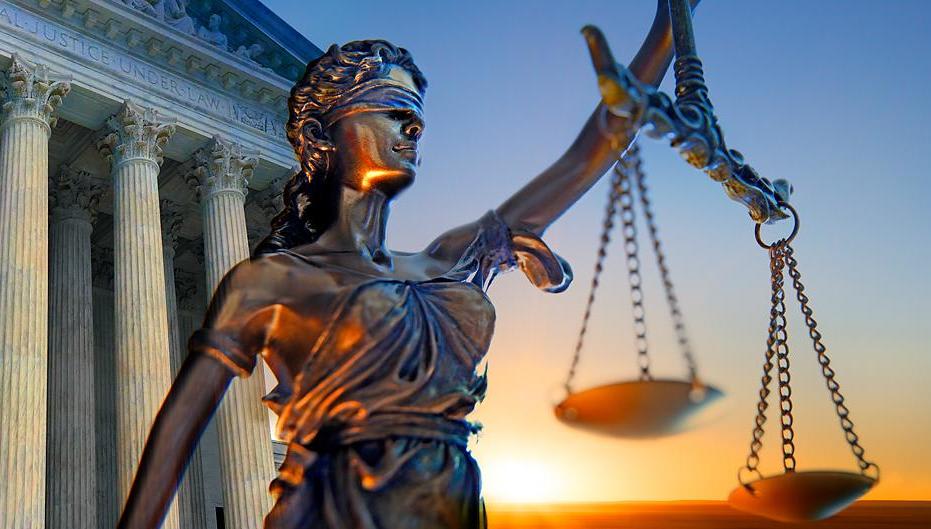
A slim Court majority swaps since (referring to the passage of time) and because (referring to cause) when the meaning is otherwise clear. Still, even the justices who sometimes exchange the two words do so only rarely. Atl. Richfield Co. v. Christian, 140 S. Ct. 1335, 1361 (2020) (Alito, J., concurring). The Supreme Guide to Writing § 19.1.

Some writers think starting a sentence with so is a crutch—like using well, um, and like when we speak. But all nine justices begin sentences with punchy conjunctions, including so, and, or, but, and yet. In the last five terms, they did so more than 1,200 times—a noteworthy jump from just a few years before. Henry Schein, Inc. v. Archer & White Sales, Inc., 139 S. Ct. 524, 530 (2019). The Supreme Guide to Writing § 20.1.
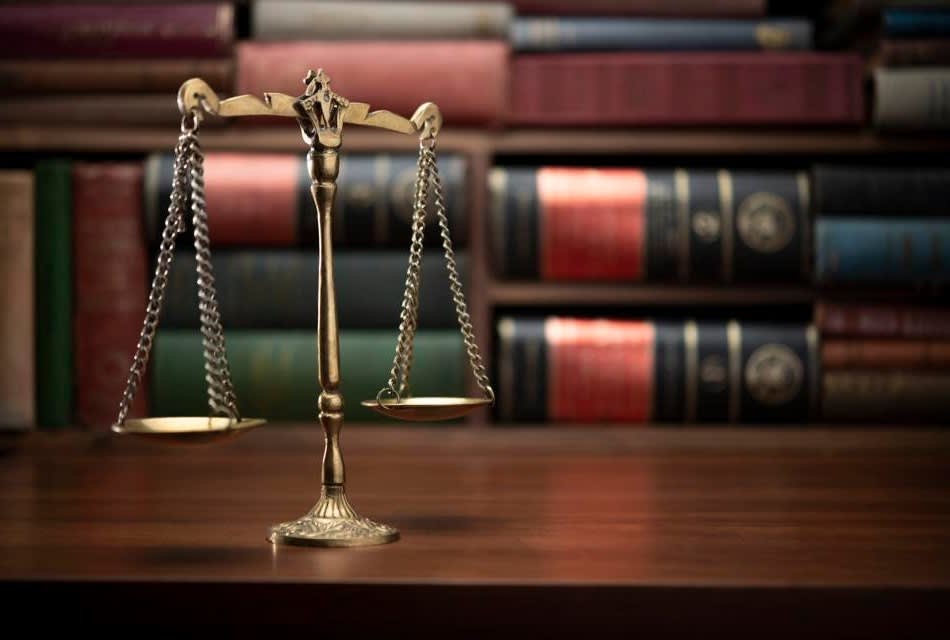
Although they’re still used at oral arguments, the justices have nearly unanimously done away with the gender-based courtesy titles of Mr. and Ms. in written opinions. This recent change shows one way the justices are using more inclusive language. Knick v. Twp. of Scott, 139 S. Ct. 2162, 2168 (2019). The Supreme Guide to Writing § 22.3.
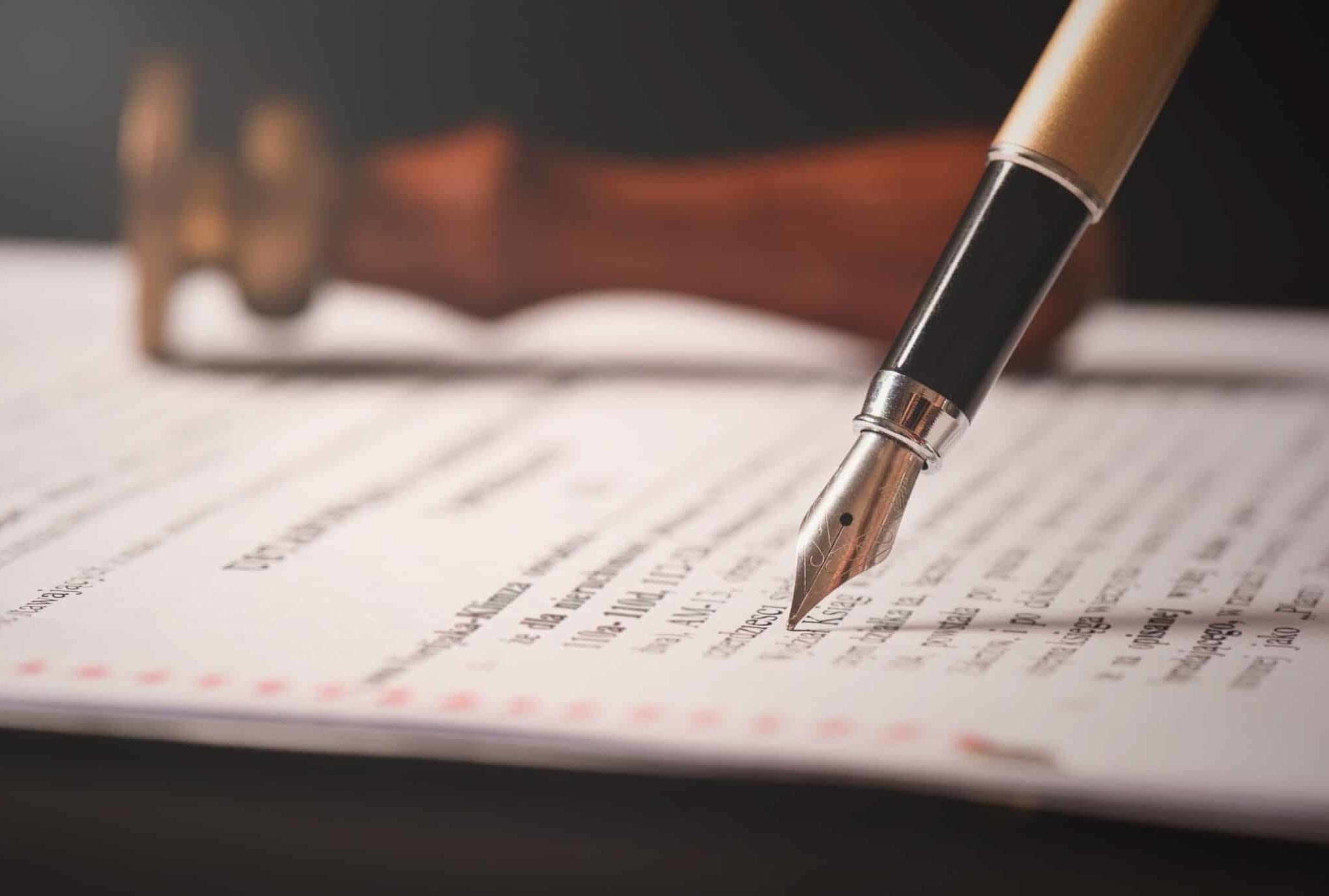
It should be familiar by now: the justices eschew traditional grammar rules in favor of clarity and readability, including the rule that you can't end a sentence with a preposition. When reworking the sentence would make it awkward and clunky, the justices prefer to leave the preposition, type the period, and move on. Rucho v. Common Cause, 139 S. Ct. 2484, 2521 (2019) (Kagan, J., dissenting). The Supreme Guide to Writing § 25.2.
So maybe you need a grammar and writing style refresh. Or maybe you're a traditionalist. Language is evolving, and the justices are surprisingly progressive when it comes to embracing a modern writing style. This website has the tools you need to become a modern legal writer.
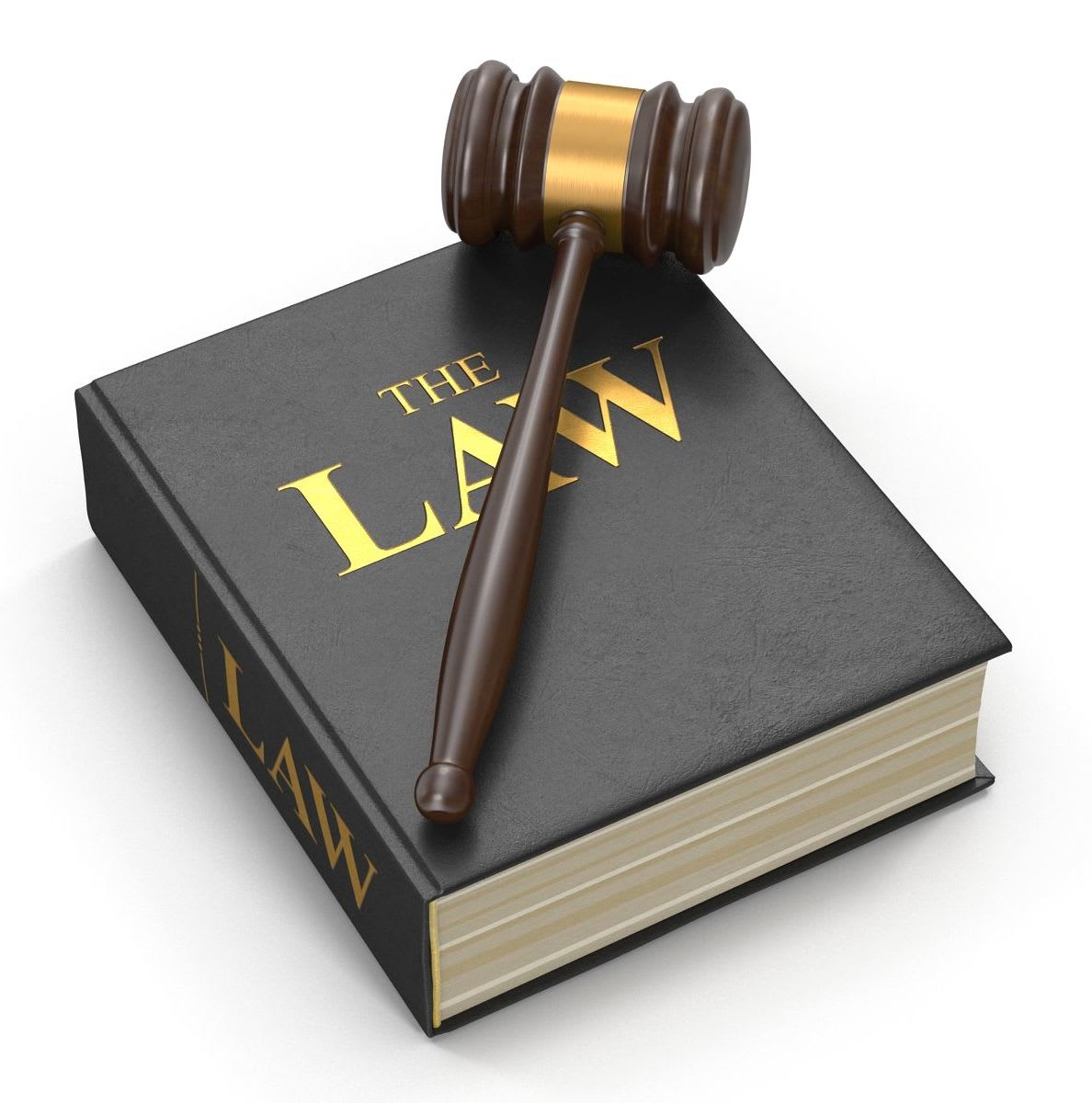
Not bad! You're on the way to becoming a modern legal writer!
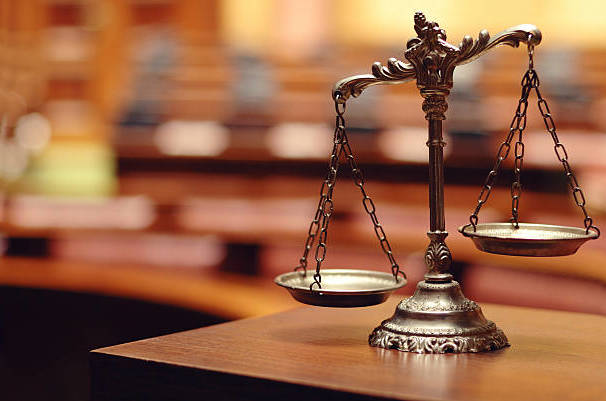
You rocked it. Do you have justice before your name?
